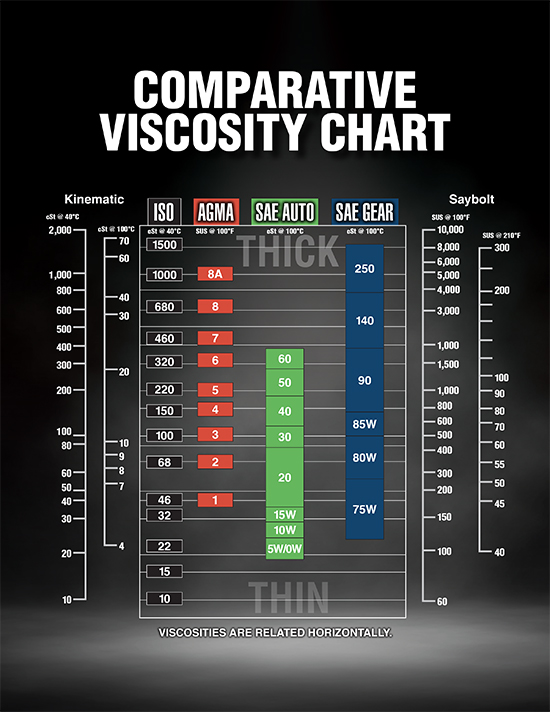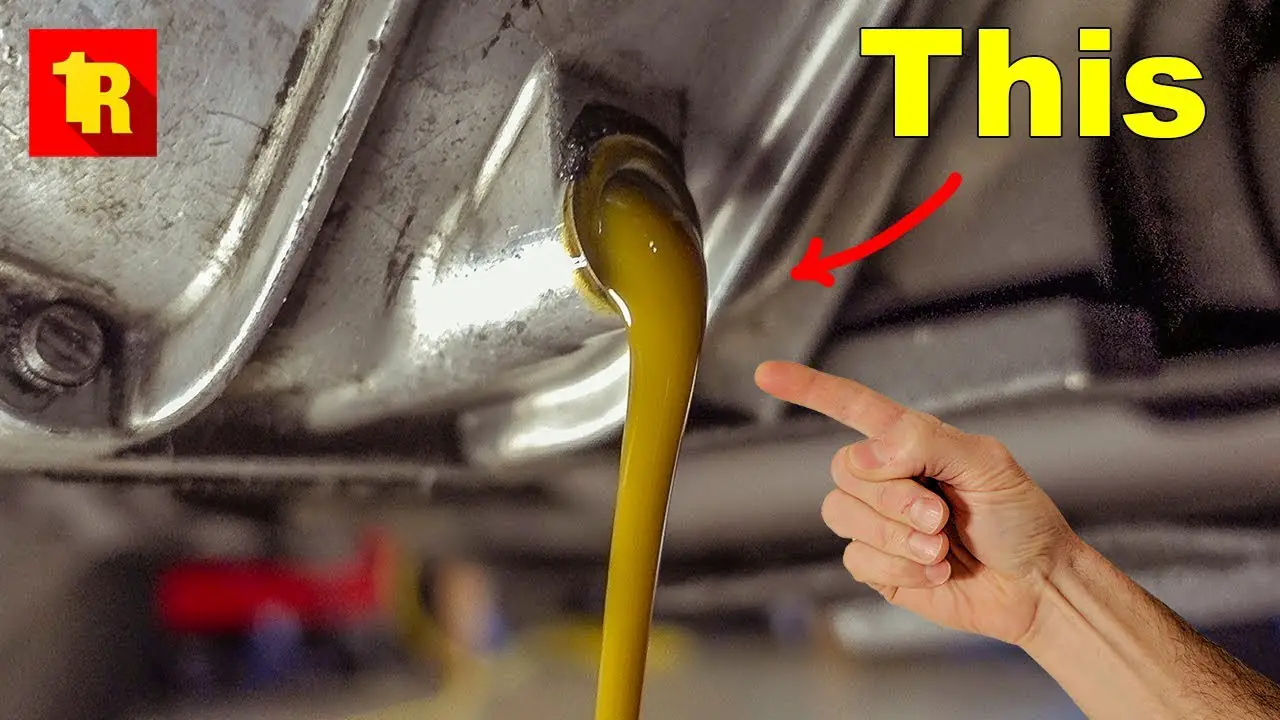Differential fluid and transmission fluid are both lubricants used to keep the moving components of a vehicle running smoothly. Differential fluid is used in vehicles with rear wheel drive, four-wheel drive or all-wheel drive systems. The differential is responsible for distributing power from the engine to the wheels, so it needs a thick oil that can withstand high temperatures created by friction between gears and axles.
Transmission fluid on the other hand is thinner and designed to work within an enclosed system at lower temperatures than differential fluid. It’s also formulated with additives that help protect against wear caused by metal particles generated during shifting.
Differential fluid and transmission fluid are both essential to the proper operation of a vehicle’s drivetrain system. Differential fluid is used specifically for the differential, which is responsible for distributing power from the engine to the wheels. On the other hand, transmission fluid is designed for use in an automatic or manual gearbox and helps lubricate gears while allowing smoother shifting between different speed ratios.
Ultimately, it’s important to make sure you understand what type of fluids your vehicle needs and when they need to be changed so that your car runs safely and efficiently on the road.
Change oil gear oil transmission and defferintial
What is the Difference between Differential And Transmission?
The difference between differential and transmission components is that the differential transmits power from the engine to the drive wheels, while the transmission system changes gears in order to control speed and torque. The differential component uses a set of gears that are designed to transfer rotational forces from an input shaft to two output shafts, allowing for equal but opposite distribution of torque. The transmission component is made up of several distinct parts such as a clutch, flywheel, gearbox, and other related components; this allows it to change speeds when required by varying ratios via its internal cogs and shifting mechanisms.
Can I Use Transmission Fluid in My Rear Differential?
No, you should not use transmission fluid in your rear differential. Transmission fluid is designed for the automatic transmission and does not have the same properties as gear oil, which is specifically designed for manual transmissions and differentials. Gear oil has higher viscosity which helps to lubricate the gears better and prevents wear, while transmission fluid contains additives that can damage seals in a differential over time.
It’s best to stick with gear oil when servicing your rear differential.
Is a Differential Part of the Transmission?
Yes, a differential is part of the transmission. A differential is a gear train with three shafts that has the ability to transmit power from the engine to the drive wheels while allowing them to rotate at different speeds. This allows your car to have smooth cornering and acceleration when turning or going up a hill.
The differential also helps prevent wheel hop, which can occur if both wheels are forced to turn at the same speed during a turn or on an incline. Without it, your car wouldn’t be able to make turns smoothly and efficiently as it does today.
What is Another Name for Differential Fluid?
Differential fluid is also commonly referred to as gear oil or hypoid gear oil. This type of lubricant is specifically designed for the differential in vehicles, and is used to reduce friction between the gears inside the differential. It also helps cool down parts of the vehicle’s drivetrain while providing protection against corrosion and wear-and-tear.
Gear oil typically contains a blend of additives that provide superior performance, such as detergents, dispersants, anti-wear agents, rust inhibitors and extreme pressure (EP) additives.

Credit: blog.amsoil.com
Transmission Oil Vs Transmission Fluid
Transmission oil and transmission fluid are both liquids that help lubricate the components in a vehicle’s transmission system. However, there is an important distinction between them: Transmission oil is typically a mineral-based oil, while transmission fluid can be either synthetic or mineral-based. Generally speaking, synthetic fluids provide better protection against wear and have improved oxidation stability over mineral oils.
Additionally, some transmissions require specific types of lubricant; it’s important to check your vehicle’s manual to ensure you’re using the correct type of fluid for your car.
Gear Oil in Automatic Transmission
Automatic transmissions rely on a special type of oil called gear oil to keep the transmission running smoothly. Gear oil is thicker than regular motor oil and provides superior lubrication for the gears inside an automatic transmission, allowing them to function properly for longer periods of time. It also helps reduce wear and tear on the internal components, helping extend the life of your vehicle’s transmission.
Can You Use Transmission Fluid for Differential
No, transmission fluid and differential fluid are not interchangeable. Differential fluid is designed to lubricate the gears in your differential unit which sit at a much lower temperature than those in your transmission system. Using transmission fluid for the differential can cause it to break down more quickly due to its higher viscosity level, leading to inadequate lubrication of the gear system.
Therefore, it’s important that you use the correct type of oil for each component so as not to cause any damage or decrease its performance.
Conclusion
In conclusion, it is clear that the differences between differential fluid and transmission fluid are vast. Differential fluid helps to ensure that your car can turn properly while transmission fluid works to keep all of the components in your transmission running smoothly. With these two fluids working together, you can make sure your vehicle runs optimally for years to come.
It is important to check both types of fluids regularly and replace them when needed so as not to compromise any of their specific functions.



